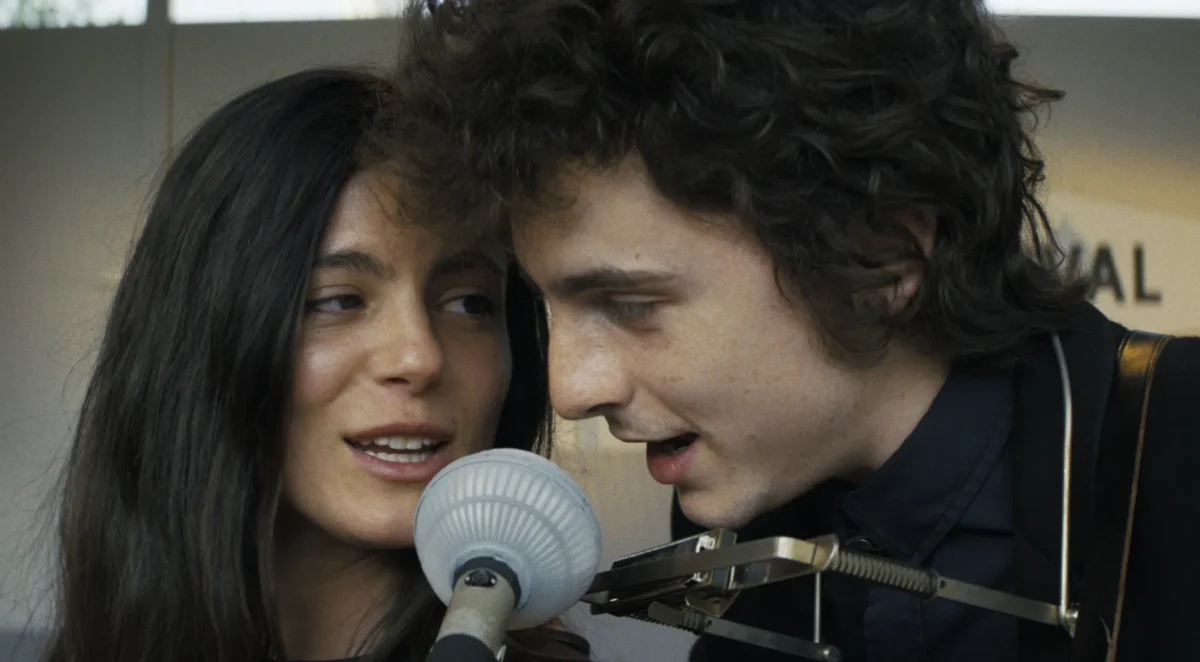Have you ever heard a new slang term and had no idea what it meant? One of the latest examples sweeping across social media is the term “6-7” (sometimes written as “67”). The phrase gained popularity on TikTok, spreading rapidly among Generation Alpha and the younger side of Generation Z. Yet, despite how often it’s used, many people have no idea where it actually came from.
Unlike most slang terms that have a clear origin or deeper meaning, “6-7” doesn’t have one. Its rise to fame can be traced back to a meme that took off in unexpected ways. The story begins with artist Skrilla, who released a song called “Doot Doot” in 2024. Initially, the song didn’t gain much traction—like much of Skrilla’s other music—until February of that year, when a TikTok edit changed everything.
The viral clip featured NBA player LaMelo Ball’s highlight reel, referencing his height (6 feet 7 inches) while Skrilla’s song played in the background, repeating the words “6-7.” The catchy loop and visual connection to basketball culture made it an instant hit within Basketball TikTok, setting the stage for a larger trend to emerge.
Then came the defining moment: a video of an AAU basketball player, now known online as the “67 Kid.” In the clip, the young player references the meme mid-game while making an up-and-down hand gesture—signifying “so-so.” What might have been just another lighthearted moment quickly went viral, turning the “67 Kid” into a meme of his own.
From there, internet users did what they do best—create, remix, and exaggerate. The clip spawned countless edits, parodies, and conspiracy-style stories, with some jokingly claiming the “67 Kid” was a ghost or part of an elaborate urban legend. What started as a small joke within basketball culture had now become a full-blown piece of internet folklore.
In the end, “6-7” doesn’t represent a deep meaning or cultural message—it’s simply a reminder of how fast trends can spread and how internet culture can turn even the simplest moments into viral sensations.













